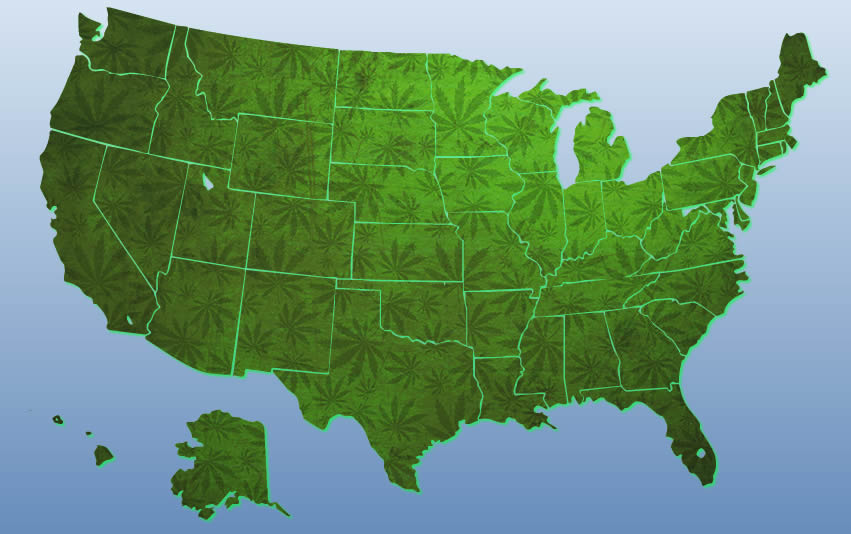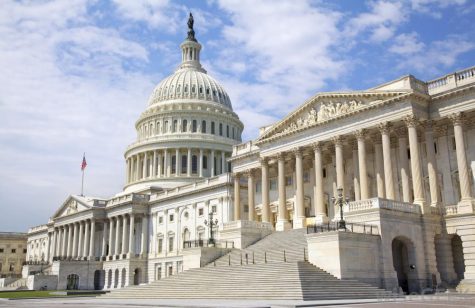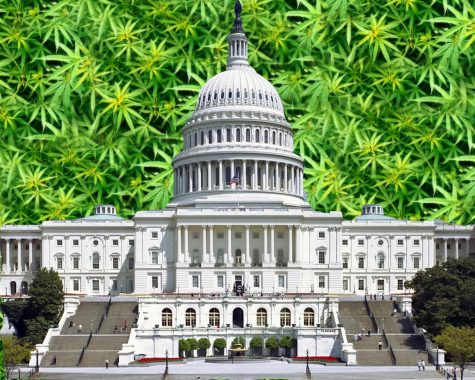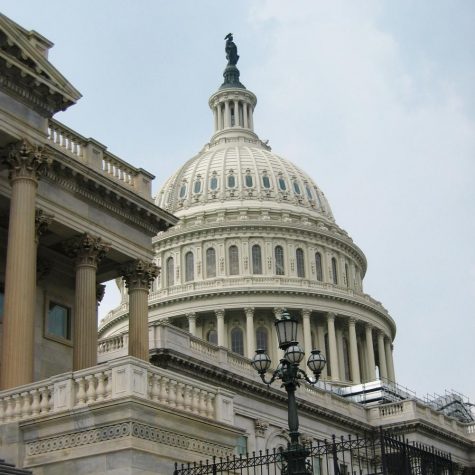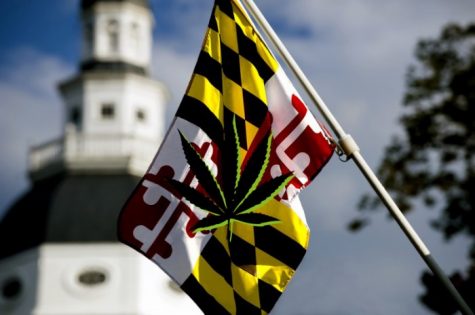Cannabis legalization is a hot political topic in the U.S.
The U.S. House of Representatives recently approved a measure preventing the DOJ from interfering with statewide cannabis laws
As the “Green Rush” continues to spread across the United States of America, it is clear that the political stance on cannabis legalization is metamorphosing. Globally, the market is estimated to be worth $55.8 billion by 2025 and the U.S. is forecasted to bulk-up its economy with $25 billion in cannabis revenue during the same time period.
The “Green Rush” phrase was coined soon after Colorado Amendment 64 passed in November 2012 by means of a voter initiative. Similar to the investor madness that ensued following the “Gold Rush” of the 1800s, the legalization of recreational cannabis in Colorado also led to a surge of interest from ‘cannapreneurs’ and investors keen on getting a slice of the pot pie. Now, as more places on the world map turn green, the consumer demographic is expanding and it seems that an increasing number of politicians are getting on-board with the idea of legal weed. In fact, political support for cannabis legalization is amplifying at a colossal scale.
Lieutenant Governor of California and former Mayor of San Francisco, Gavin Newsom, is one of several politicians advocating for legalization. He is batting for legal weed along with other pro-pot politicians, including Democratic Congressmen Earl Blumenauer, Senator (D-N.J.) Cory Booker, Congressman (D-Md.) Chris Van Hollen and Congressman (D-Colo.) Jared Polis, to name just a few.
Congressman Dana Rohrabacher (R-CA) is another vocal cannabis proponent; he predicts that cannabis will be legalized at the federal level by 2020.
2019 has been the most progressive year for cannabis reform in the U.S.
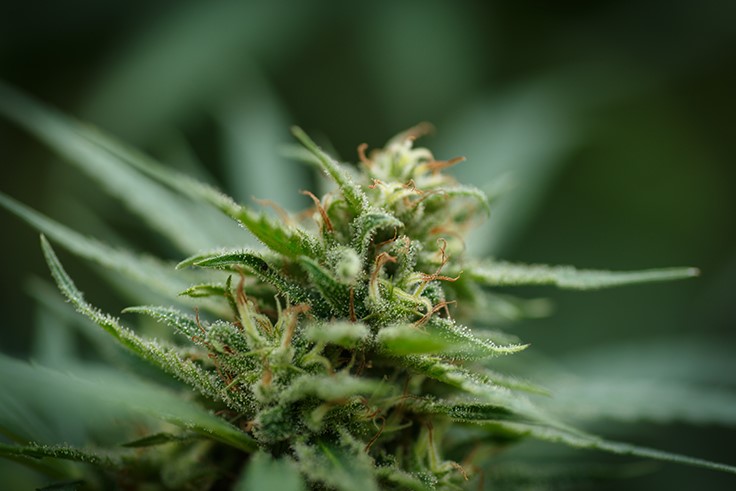
This year has been one of the most profound times for cannabis reform, what with a number of pro-pot initiatives being put before Congress in the 2019 legislative session.
State-level cannabis reform programs have been initiated in 33 states for medical purposes and 11 for recreational, with Illinois being the latest state to legalize adult-use cannabis.
Medical cannabis access was recently expanded for Texans and New Jerseyans. Meanwhile, thanks to successful voting initiatives in Alaska, Colorado, and Massachusetts, businesses operating in the cannabis industry have been permitted to allow on-site cannabis consumption.
A further three states have progressed to decriminalize cannabis possession. They are Hawaii, New Mexico, and North Dakota. What’s more, in recent weeks, convictions have been overthrown for offenders who’ve committed cannabis-related offenses in Illinois, Oregon, Nevada, and Washington.
Individuals with former convictions in Oregon can now rent a house without fear of their tenancy being rejected. Low-level cannabis offenders in Baltimore, New York, Norfolk, Rochester, and Virginia have even been let off the hook by prosecutors, indicating a significant shift in opinion on cannabis’ societal influence.
Then, over in the liberal State of Nevada, employees can no longer be penalized for using cannabis outside of the workplace. Similar laws have been introduced in New York City. Let’s not forget about the many municipalities that are currently grafting on the decriminalization of cannabis possession, too. They include Cincinnati, Louisville, Macon, and states such as Georgia and Kentucky.
U.S. House of Representatives votes to stop DOJ interference with state cannabis laws
On June 20, the U.S. House of Representatives approved a measure that would prohibit the Department of Justice (DOJ) from poking its nose into statewide cannabis laws. Those laws were inclusive of regulations pertaining to the cultivation, sale and recreational consumption of cannabis.
This wasn’t the only chunk of legislation that started gaining traction in Congress this year. Various other bits of legislation are being pondered over by lawmakers, including the introduction of cannabis banking options, the elimination of cannabis from the Controlled Substances Act (CSA) and increased medical cannabis access for military veterans.
Obstacles certainly remain for cannabis reform on a national scale, such as the federal government legalizing cannabis and banishing it from its current Schedule I classification. Nonetheless, the signs are all around us and with an ever-increasing number of Americans supporting legal weed, it seems that the days of cannabis prohibition in the U.S. could soon be a distant memory.




